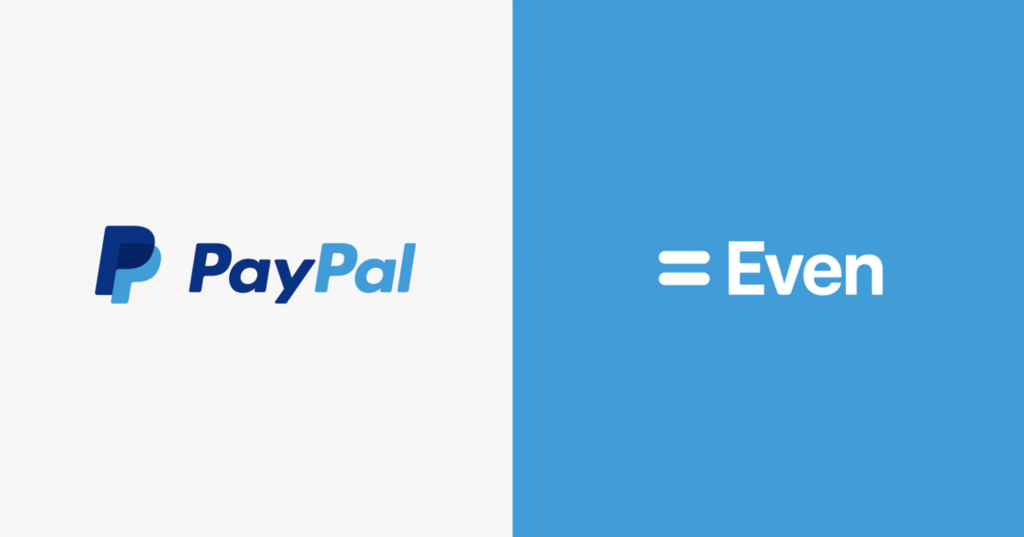Why employers should sponsor financial benefits for hourly workers
Recruiting and retention have become do or die for many businesses in the wake of covid-19. Manufacturers may lose $1 trillion by 2030 due to labor shortfalls according to CNN. NPR reports that hospitality is losing workers as travel recovers. Restaurant employees are leaving at a record rate, citing low pay, lack of benefits, and rude customers.
Smart businesses hear what employees are really saying: They need more than a paycheck. Employees need help building and protecting their financial health in a world that keeps becoming more unpredictable—but predictably keeps asking them for more.
So, what’s the incentive for employers to pay for the financial benefits hourly workers need? A lot, it turns out. When employers help employees become financially resilient, it translates to a happier, more engaged workforce that sticks around longer and works harder. That’s exactly the competitive advantage employers need in the labor crunch.
But there’s a wrinkle. Businesses won’t get those results from offering on-demand pay alone. Instead, employers need to think of financial benefits more holistically, like a set of tools designed to progress employees up the financial ladder.
Employees value their financial health more than ever before
Three-quarters of employees (74%) say they would prefer to work for an employer that offers financial planning, budgeting, and automated savings tools over one that does not. That’s according to The Workforce Institute at Kronos Incorporated. Demand spikes to 88% among employees 35 to 44 years old.
It’s not hard to see why financial health is at the top of hourly employees’ minds. Sixty-three percent of workers report increased financial stress since the covid-19 pandemic began. The number rises to 72% among millennials, the largest part of the U.S. workforce.
Only 5% of businesses have tackled this opportunity by offering on-demand pay, but more are poised to follow: Gartner predicts more than 20% of businesses will offer on-demand pay by 2023.
But while the thinking behind offering on-demand pay is on the right track, it doesn’t go far enough.
On-demand pay alone can’t build financial resilience
On-demand pay helps employees maintain positive cash flow when unexpected expenses happen. Instead of resorting to a payday loan or high-interest credit card, employees can access their earned wages early, saving themselves fees and interest.
Still, on-demand pay only fills a short-term need. To get beyond living paycheck to paycheck, employees need adjacent tools that progress them into planning, budgeting, and saving. They need a set of financial benefits like:
- On-demand pay to solve cash flow emergencies.
- Automatic budgeting to plan for bills and know what’s okay to spend.
- Emergency savings to protect borrowing from the future.
- Real-time pay projection to plan ahead when hours fluctuate.
When employers offer a financial benefits package like that, they empower employees to take control of their money. To make it happen, businesses need to work with a provider who integrates employer-side HR data with employee-side banking data. Here’s what that made possible for PayPal and Noodles & Company.
The impact of employer-sponsored financial benefits: PayPal and Noodles & Company
Employer-sponsored financial benefits have helped PayPal raise its employees’ net disposable income (NDI) from 4–6% to 18% (the company’s goal is 20% NDI). During an interview on CNBC’s Squawk Box, CEO Dan Schulman shared how an internal survey in 2019 revealed about half of PayPal’s employees were struggling to make ends meet each month.

PayPal’s leaders knew they had to get money into employees’ hands faster. But they could also see employees needed tools to build long-term financial wellness, not just a stop-gap solution for emergencies. That led PayPal to partner with Even. By giving employees a 360-degree view of their finances, PayPal empowered its workers to make data-informed decisions about their money.
“We were impressed with how intuitive and easy Even’s budgeting tool is. It takes the guesswork out of budgeting and helps team members establish healthy financial habits.”
Now able to budget and plan, PayPal employees have predictability over their money, putting more disposable income back into their pockets (and into their savings accounts). Noodles & Company saw similar results with Even. More than half of Noodles’ employees adopted it. Among them, 70% said they saw Noodles & Company more positively as an employer for offering Even.
“We were impressed with how intuitive and easy Even’s budgeting tool is. It takes the guesswork out of budgeting and helps team members establish healthy financial habits,” Amy Cohen, director of total rewards and field HR at Noodles & Company, said.
Learn more about offering employer-sponsored financial benefits
With employees’ priorities shifting toward financial wellness, employers face increasing urgency to offer a holistic set of financial benefits. Specifically, one that starts with on-demand pay, then progresses employees into planning, budgeting, and savings so they’re less likely to need on-demand pay over time.
But even more significant than that urgency: Employer-sponsored financial benefits show how employers and employees can find win-win solutions during times of uncertainty. For the employer, it’s a happier, more engaged workforce that’s less likely to move on and more likely to give their best. For the employee, it’s relief from the constant distraction and emotional drain of financial stress (the top reason businesses lose about $250 billion in productivity each year).
PayPal and Noodles & Company found their solution in Even, a set of financial resilience benefits designed to help hourly employees maintain positive cash flow and build assets. It combines tools such as automatic budgeting, emergency savings, and pay projection, all backstopped by on-demand pay for emergencies.
Even is on a mission to help 25 million Americans get out of the red by 2025 by building up their financial stability. And as PayPal’s Schuman points out, with 78% of Americans unable to pay bills at the end of each month, employee financial health and security is now “a national crisis.” American workers need all the help they can get.
To learn more about Even, read more on the organization’s website.









